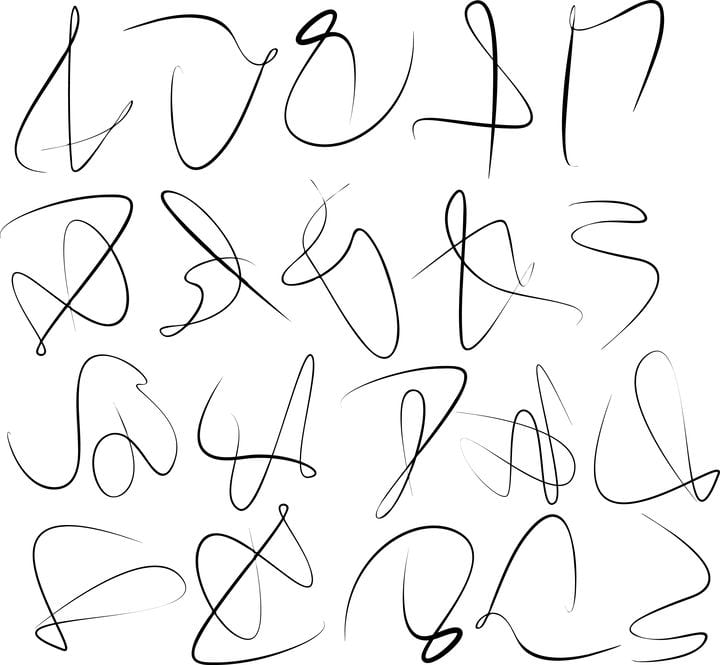
WASHINGTON, DC—Pharmacists beware! The newest Electronic Health Record/e-Prescribing systems are being programmed to send out prescriptions written in an illegible “doctors’ handwriting” font. Called Hell-vetica (or Hell-to-read-vetica), the new font is officially described as “squiggly, scribbly, gobbledygook bearing zero resemblance to any real letters of any real alphabet—or any fake alphabet too, for that matter.”
Believe it or not, the request for this change was made by none other than the American Pharmacists Association (APhA) after its leaders observed that pharmacists have had it too easy lately. “Pharmacists used to spend 90% of the day trying to decipher the chicken scratch scrawled onto prescription slips,” said APhA President Bradley Tice. “Now with everything computerized, prescriptions take less than a second to read. This means they now have nine-tenths of their day completely free, and they just haven’t a clue what to do with themselves anymore.”
Leading pharmacy chains also fully support the plan to give pharmacists impossible-to-read prescriptions again, noting that they “have to justify paying these people for 8-hour workdays somehow.”
Programmers carefully developed the illegible typeface over the course of many years after scouring the world for physicians with the absolute worst penmanship. The final product is an aggregate of the 50 most horrifying samples they could find. However, before officially launching it, they compared it to a font made from the handwriting samples of 3-year-old kids. When they concluded that the toddler-based font was far more legible, they knew they had a winner.
Pharmacists who have already dealt with the Hell-vetica prescriptions say they are simply impossible to decode. “Usually after an hour or so,” said local pharmacist, Kent Reeditte, “I just give up, close my eyes and randomly point at a shelf. Whichever drug I find myself pointing at is what I end up filling for the customer.”
Mr. Reeditte justified this practice by claiming that most drugs work due to the placebo effect anyway. “It doesn’t really matter what I give them,” he said. “As long as my customers think they’re getting the right medicine, their symptoms will probably go away!”
Despite not being able to read the electronic prescriptions anymore, pharmacists are not at all frustrated. “These are a godsend,” said Mr. Reeditte. “It helps the day go by so much faster!”